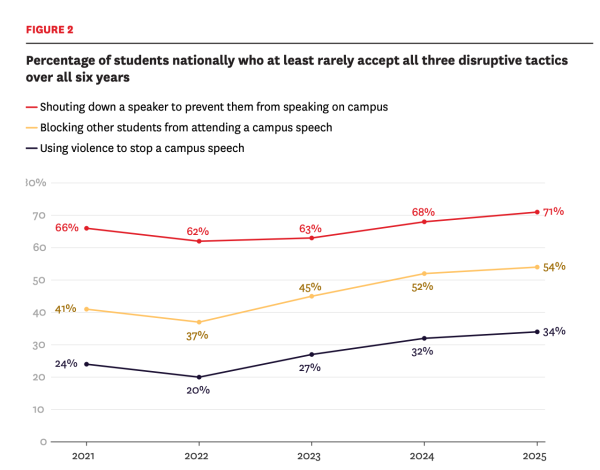Take Two: Ohio Redistricting Commission Passes New Maps
After the Ohio State Supreme Court ruled the Ohio Redistricting Commission’s (ORC) first set of approved legislative maps unconstitutional on January 12, 2022, the ORC passed a second set on January 22, 2022, which gives Ohio Republicans advantages in both the House and the Senate.
This second attempt was passed on party lines with Republican voting in favor 5-2 with maps lasting four years, instead of ten if it were passed with the support of Ohio Democrats. The new maps feature a 57-42 advantage in the House and a 20-13 advantage in the Senate. Redistricting, where legislative district maps are redrawn to account for population change, has been used as a political football throughout the country. States like Michigan, Pennsylvania, and Alabama, who are also in the process of redistricting, have also been subject to accusations of gerrymandering.
Progressive groups that sued to get the first draft of maps out claim that Ohio Republicans are engaging in gerrymandering, with the politicians selecting their voters, and not the other way around. Their argument is that the ruling political party will draw maps in such a way that affects the quality of representation, the policies, and which party maintains power. A coalition of groups including the League of Women Voters of Ohio, the Ohio Organizing Collaborative, and a local affiliate of the National Democratic Redistricting Committee filed suit against this second set of approved maps.
Ohio House Democrats have stood in opposition to the proposed maps. House Minority Leader-elect and ORC Member Allison Russo, D-Upper Arlington, said in a statement, “These gerrymandered maps are an insult to Ohio voters who overwhelmingly demanded fair maps not once, but twice. The Republican Commissioners should be ashamed because their lack of political courage has set these maps up to be ruled unconstitutional by the Court once more.”
In contrast, Ohio Republicans have defended their position and instead shifted the blame on the Court. Bob Paduchick, Chairman of the Ohio Republican Party, said in a statement, “It’s a failure of leadership for the Chief Justice to take 90 days to make this decision and leave only 10 days for the commission to clean it up. She is responsible for this mess.”
While Ohio’s partisan politics continue to play out, some on-campus groups aim to cut through the noise. Baldwin Wallace Jackets Engaged, a non-partisan group of student leaders affiliated with the Brain Center for Community Engagement, has increased civic engagement among the student body. Sophia Madge, a sophomore and member of Jackets Engaged, argues that local and state political affairs directly affect students and vice versa.
Madge said, “Since some students live close to Cleveland or in Ohio year-round, they have an opportunity to participate in local elections. These elections affect the representatives we have, we have actual effects, the quality of representation, and depending on people’s viewpoints, what policies are put into place. A lot of people that are in college or just graduating high school, they tend to think like, Oh, I’m not educated enough about the issues and my vote doesn’t really matter. But your vote really does matter, especially when it comes to local elections.”
Madge had many recommendations for what students can do to make their voices heard on civic issues, including redistricting. She said, “Our college-based organization is focused on getting people informed on the issues and getting out to vote. We try to increase civic awareness to people our age through social media, voter registration drives, and other venues.”
The government’s policy choices surrounding a post-COVID-19 world have pushed Americans to increase their participation in democracy. In 2020, Cuyahoga County saw a greater than seventy percent voter turnout in the general election, and young people are leading the charge. There seems to be a consensus among younger voters that America’s policy problems are partially a result of the political apathy of generations past. Many argue that the lack of voting, civic education, community conversations, all principles of a functioning democracy, produces the problematic policy issues including the redistricting process. While the Ohio State Supreme court will review these maps over the coming days and weeks, groups like Jackets Engaged and the Baldwin Wallace student body as a whole will continue to shape the future of state and local politics.
The Exponent is looking for financial contributions to support our staff and our newsroom in producing high-quality, well-reported and accurate journalism. Thank you for taking the time to consider supporting our student journalists.


































